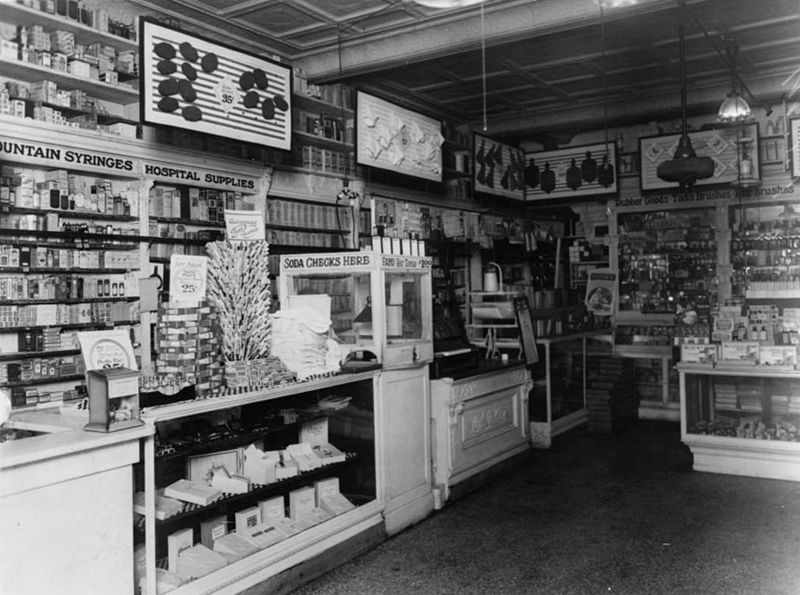Lypo-Spheric Vitamin C by LivOn Labs - 30 Packets / 5.7ml Each
- Price: 39.95

Lypo-Spheric Vitamin C - is the strongest oral Vitamin C available!Current clinical trials by well known Vitamin C expert and pharmacologist, Steve Hickey, PhD, show that Lypo-Spheric Vitamin C is able to create serum levels of Vitamin C almost double what was originally thought possible with Vitamin C in an oral form.Squeeze the contents of one packet into your favorite juice or other cool beverage. The gelatin-like liposomes disperse with a stir and add little or no taste to your drink. It's easy to swallow and soon millions of "Smart" Lyposomal Nano-Spheres loaded with liquid Vitamin C race to your liver. Once there, the essential phospholipids and the Vitamin C will be unleashed to perform their powerful health-promoting, age-reversing work!Each 0.3 oz. packet of Lypo-Spheric Vitamin C contains 1,000 mg of Vitamin C and 1,000 mg of essential phospholipids. It's the most bio-available, anti-aging, health-promoting, easy-to-swallow Vitamin supplement around!The phospholipids encapsulating the Vitamin C range in color from light orange to dark brown.Lypo-SphericTM Vitamin C FAQ's Q: Why do the Lypo-SphericTM Vitamin C packets get puffy?A: When the product combines with oxygen in the packets, Carbon Dioxide (CO2) is created and this causes the packets to swell over time. Carbon dioxide is not harmful to the liposomes or to your health. In fact, this gas is used to make soda pop fizzy. We also exhale carbon dioxide when we breathe out.Q: Will supplementing with vitamin C lead to the development of kidney stones?A: Although some have theorized a correlation between vitamin C and the development of kidney stones, research contradicts the hypothesis. The theory is based on two unrelated observations:1) A portion of ingested vitamin C produces oxalate or oxalic acid2) Individuals with increased oxalate in their urine may have a greater risk of developing kidney stonesExtensive research, however, has shown that a "healthy person who avoids dehydration and ingests very large amounts of vitamin C does not need to have any concern about kidney stone formation."*1In 1999, two studies conducted at Harvard showed that vitamin C is not a factor in the development of kidney stones in healthy adults. Curhan et al. (1999) followed 85,557 women for 14 years and found no statistical association with vitamin C and increased risk of kidney stone development.*2An earlier study of 45,251 healthy men with no history of kidney stones reached the same conclusion with dosage levels that ranged from 250mg to 1,500 mg of vitamin C daily.*3 *1. LevyMD, Thomas. (2002) Curing the Incurable 375-376*2. Curhan, G., W. Willett, F. Speizer and M. Stampfer (1999) Intake of vitamins B6 and C and the risk of kidney stones in women. Journal of the American Society of Nephrology 10(4):840-845.*3. Curhan, G., W. Willett, E. Rimm, and M. Stampfer. (1996) A prospective study of the intake of vitamins C and B6, and the risk of kidney stones in men. Journal of Urology 155(6):1847-1851.Q: Why
 |
|  | 1 |
| 1 |  |
| 
 |
|  | 1 |
| 1 |  |
| 



 More info
More info